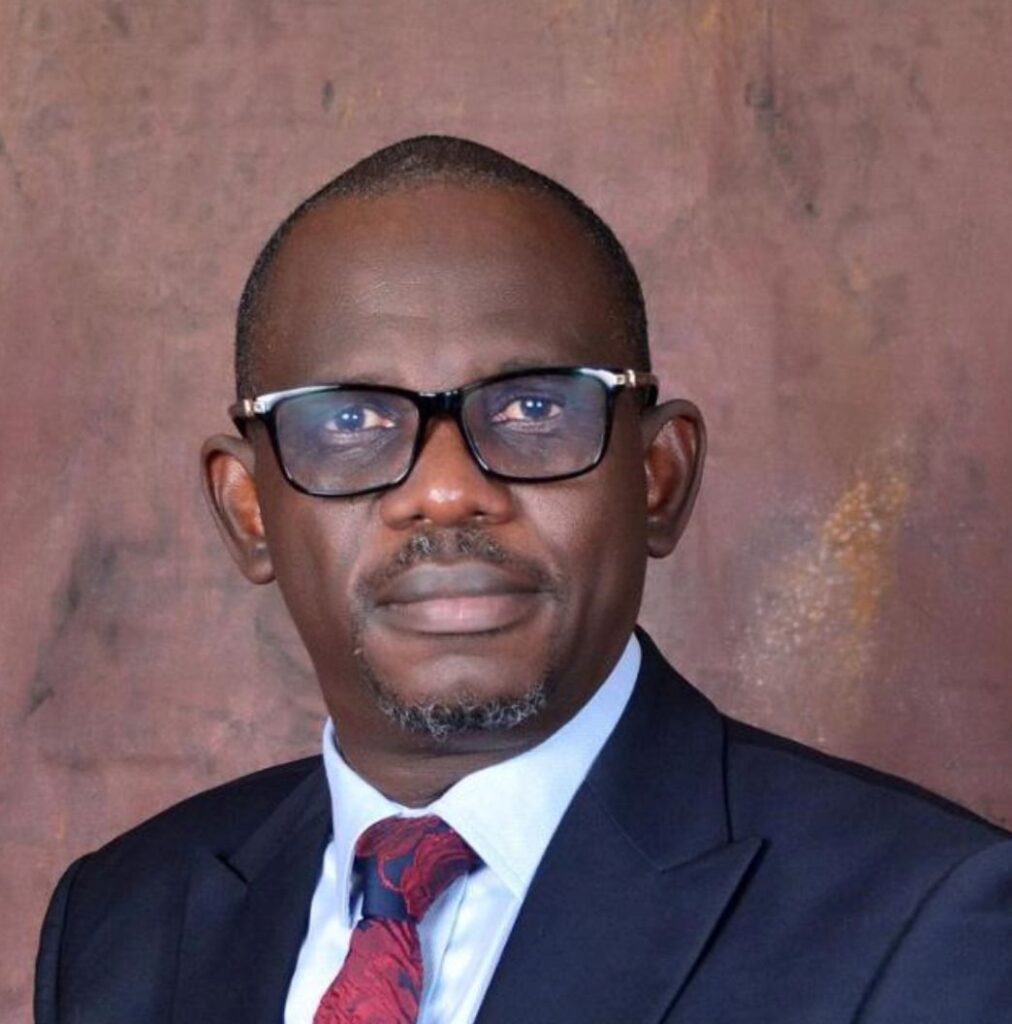Ogun State Attorney General and Commissioner for Justice, Oluwasina Ogungbade, SAN, has criticized the House of Representatives’ proposed legislation to limit the tenure of judicial heads to five years.
The proposed amendment targets key positions, including the Chief Justice of Nigeria (CJN), the President of the Court of Appeal, and Chief Judges of the 36 states.
Ogungbade expressed his concerns during an appearance on Frontline, a current affairs program on EAGLE 102.5 FM. He described the move as unnecessary and potentially disruptive to the judiciary’s well-established system.
The proposal, sponsored by Manu Soro, a member of the House of Representatives representing Darazo/Ganjuwa federal constituency of Bauchi State, seeks to amend Section 29 of the 1999 Constitution to introduce a five-year term for judicial leaders.
“If it is not broken, don’t fix it”
Ogungbade dismissed the need for the amendment, emphasizing the effectiveness of the existing seniority-based system.
“If you ask me, it is totally unnecessary. There is a saying that, if it is not broken, you don’t even try to fix it.
“The judiciary has operated under the principle of seniority, and that has brought about a lot of certainty. This proposal to now limit the terms of Chief Judges and the CJN will create a lot of problems,” he said.
The Attorney General argued that the current system, which mandates retirement upon reaching 70 years of age or completing 35 years in service, offers clarity and stability.
He highlighted potential complications with a fixed tenure, citing scenarios where judicial heads could serve for an excessively short or extended period depending on their age at the time of appointment.
“For example, if somebody becomes Chief Judge or CJN at 68 years old, will he serve until 73? Or at the other end of the spectrum, if someone becomes CJ at the age of 52, will he leave at 57?”
Ogungbade also referenced international practices, particularly the United States, where judicial heads serve without a fixed tenure until retirement or death.
He argued that Nigeria’s current system, modeled after global best practices, should remain unchanged.
“There is no need to change a flawless system,” he added, warning that altering the structure could undermine the judiciary’s efficiency and independence.
Do you want to share a story with us? Do you want to advertise with us? Do you need publicity for a product, service, or event? Contact us on WhatsApp +2348183319097 Email: platformtimes@gmail.com
We are committed to impactful investigative journalism for human interest and social justice. Your donation will help us tell more stories. Kindly donate any amount HERE


